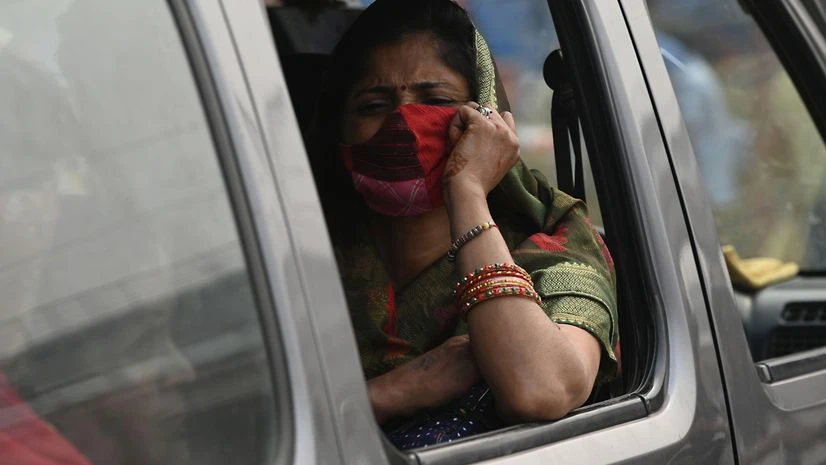By Dan Strumpf
The death toll from India’s air pollution is elevated even in cities previously thought to have relatively clean air, underscoring how the problem extends beyond megacities such as Delhi, according to a study in the journal The Lancet Planetary Health.
Thursday’s report shed new light on the pervasive nature of the country’s air-quality crisis. It found that a significant share of the 33,000 yearly deaths attributable to air pollution in 10 cities examined was recorded in coastal centers like Bangalore, Chennai, Kolkata and Mumbai, where air quality is considered to be moderate.
“The significant effects we are observing even below the Indian air quality limits are alarming,” said Bhargav Krishna, fellow at the Sustainable Futures Collaborative and the study’s lead author, “suggesting that perhaps we have set our standards higher than they should be.”
Also Read
The researchers looked at 3.6 million deaths between 2008 and 2019 across the sample areas, and overlapped them with a detailed map of the distribution of PM 2.5, a compound of cancer-causing pollutants so small they can penetrate the bloodstream.
They found that an exposure as short as 48 hours to high levels of the particles could worsen life expectancy at a collective level, with 7.2 per cent of all fatalities linked to PM 2.5 concentrations above the World Health Organization standard of 15 micrograms per cubic meter.
Even in the Himalayan town of Shimla, which had the cleanest air among the cities studied, 3.7 per cent of all deaths were pollution related, the study found.

)